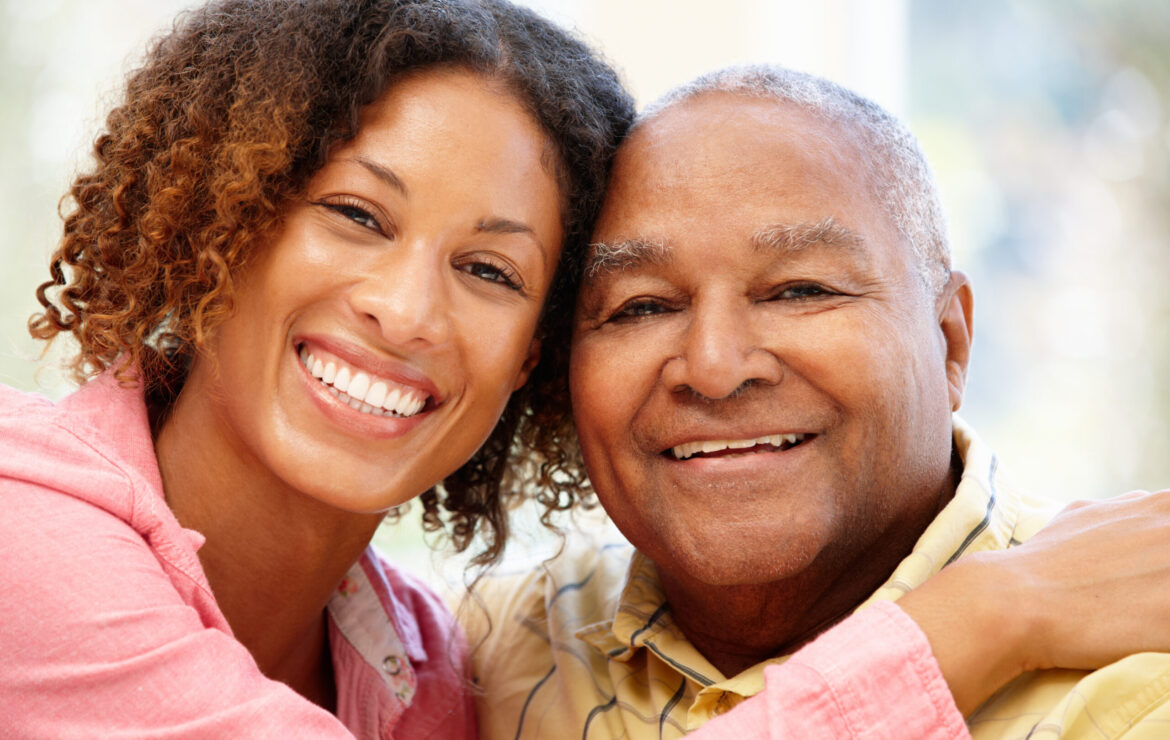Do personal care aides need to be certified in New York?

A personal care aide (PCA) can provide care under the Consumer Directed Personal Assistance Program (CDPAP) in New York. CDPAP is a Medicaid-funded program that allows individuals with disabilities or chronic illnesses to hire and direct their own personal care aides, including family members and friends. It empowers individuals to make decisions about their care and who provides it.
What is a Personal Care Aide (PCA)?
Personal Care Aides, or PCAs, are trained caregivers who help patients and older adults who have physical, cognitive, or developmental disabilities and/or are recovering from illness or surgery. PCAs mostly help patients with non-medical assistance and daily tasks in the comfort of their own homes. PCAs provide a wide range of services, assisting the patient with many day-to-day activities at home and around the community.
Do Personal Care Aides need to be Certified in New York?
No, personal care aides in New York are not required to be certified. The general requirements and expectations for PCAs are:
- Education & Training: Personal care aides typically needed a high school diploma or equivalent, such as a GED. While not always required, many employers prefer or provide on-the-job training to personal care aides. Training often covered topics such as assisting with activities of daily living (ADLs), basic medical procedures, and communication skills.
- Background Check: Personal care aides might be required to undergo a background check, including criminal history and abuse registry checks.
- Immunizations: Some employers or agencies may require personal care aides to be up-to-date on vaccinations, such as tuberculosis (TB) testing.
- CPR & First Aid: Although not always mandatory, having certifications in cardiopulmonary resuscitation (CPR) and basic first aid could be advantageous.
- Reliable Transportation: Since personal care aides often work in clients’ homes, having reliable transportation to travel to and from work locations is essential.
*Please remember that regulations and requirements can change, so it’s important to verify the current requirements for personal care aides in New York through the appropriate state agencies or employers. Additionally, specific employers or agencies may have their own additional requirements or preferences for hiring personal care aides.
Typical Jobs or Work Settings for PCAs
The specific duties and responsibilities of personal care aides can vary depending on the setting and the needs of the individuals they are caring for. However, their primary role is to provide support and assistance to help clients or residents maintain their quality of life and independence. Some of the typical PCA jobs or settings include:
Home Care and Private Care – Many PCAs work in clients’ homes, providing one-on-one care to individuals requiring assistance with bathing, dressing and grooming, meal preparation, medication reminders, and light housekeeping. PCAs can be hired directly by individuals or their families or be placed through home care agencies.
Assisted Living Facilities and Nursing Homes – In these settings, PCAs assist residents with a variety of activities to help maintain their independence while living in a communal environment. PCAs may also work alongside staff to help residents with ADLs and provide companionship.
Hospitals and Rehabilitation Centers – Often focused on long-term care or rehabilitation, in this setting, PCAs are likely to assist patients with mobility, exercises, hygiene, and activities to promote recovery and independence.
Hospice Care – Personal care aides in hospice care provide physical and emotional support to individuals who are terminally ill. They help manage their pain and discomfort, assist with personal care needs, and offer companionship and emotional to patients and their families.
Providing Care Under CDPAP
A personal care aide can provide care under the Consumer Directed Personal Assistance Program (CDPAP) in New York. CDPAP is a Medicaid-funded program that allows individuals with disabilities or chronic illnesses to hire and direct their own personal care aides, including family members and friends. It empowers individuals to make decisions about their care and who provides it.
To provide care under CDPAP as a personal care aide, you would need to meet the program’s criteria and be selected by a consumer in the program. The criteria for being a CDPAP caregiver, including restrictions, physical requirements, identification, and necessary paperwork include:
- Not being the spouse of the care recipient.
- The care recipient may not have their caregiver also be their designated representative. This allows for a clear separation of roles and responsibilities when providing care.
- The CDPAP caregiver must pass a physical exam to prove they can provide the necessary care and support.
- If the caregiver needs to drive the care recipient as part of their duties, the CDPAP caregiver must have a valid driver’s license and proof of insurance.
- The CDPAP caregiver must agree to follow the care plan as provided, completing the tasks and responsibilities required to meet the care recipient’s needs.
- Complete a W-4 form for tax withholding and an I-9 form to verify work eligibility.
Once enrolled, the personal care aide must go through the enrollment process, which includes completing necessary paperwork, background checks, and training requirements. A service plan is developed for the care recipient and this outlines the type and amount of care needed. Once approved, the PCA is paid for their services through the Medicaid funds and the individual receiving care manages the payment process.
